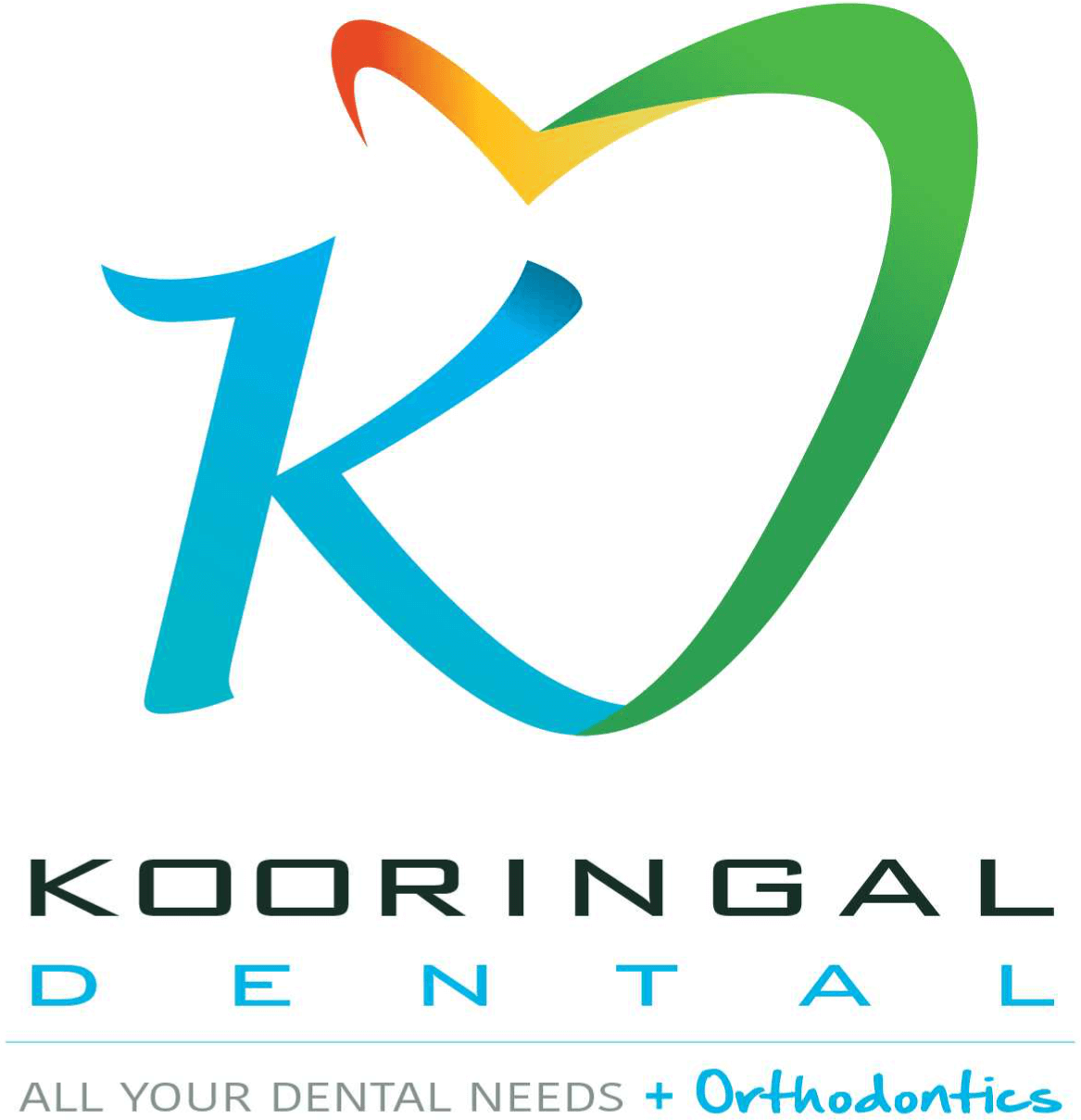Snoring is a common thing for millions of people. It can range from being a minor, natural part of sleep to something potentially serious. Whilst there is nothing harmful about simple snoring, it can be harmful to your overall health if your snoring is abnormal or obstructive. The cause of this form of snoring is sleep apnea. Sleep apnea is a chronic condition where the airway is obstructed causing unusual breathing patterns including pauses and shallow breaths. This is due to a narrow airway that attempts to control forceful breathing.
If you or somebody you know is a loud snorer, it shouldn’t be left to chance and consulting a dentist is essential to resolve it. Because it happens during sleep, it is easy to be oblivious to the issue. Luckily, help is at hand to resolve it and make way for quality sleep.

Symptoms of Sleep Apnea
Normally, a family or friend will notice the symptoms. Typically, symptoms of snoring and sleep apnea include:
- Uncontrollable excessive sleep during the daytime
- Severe morning headaches
- Negative behaviour and mood changes
- Waking up with a sore or dry throat
- A restless nights’ sleep
- Cycles of waking up with a choking sensation
Any kind of snoring can easily be dismissed as a normal part of a sleep cycle. However, the health ramifications may be too critical to ignore for long. Not only do you suffer, but it may have a negative effect on relationships at home. The snorer doesn’t tend to identify the problem unless somebody close to them tells them.
The Conditions and Causes of Sleep Apnea and Snoring
Luckily, snoring and sleep apnea can be treated not only at the dentist but at home as well. Here are some conditions that cause it:
- Excessive Alcohol Consumption – Consuming alcohol especially before bedtime is not a good idea. Alcohol relaxes throat muscles, and those muscles are important to keep airways clear.
- Sleep-Deprived – Keep to a regular sleeping pattern and at least 7 hours of sleep a day minimum. A lack of sleep also relaxes the throat muscles unexpectedly.
- Overweight or Obesity – Excess weight increases tissue at the throat causing airways to be blocked.
- Sinus and Nasal Problems – A blocked nose or congestion in the nose is also a factor. Known as sinusitis, mucus builds up and sinuses can become inflamed.
As you sleep, you could be grinding your teeth. Click here to view some dental mouth guards that may help.

The Dentist Role
The dentist will discuss symptoms, causes, and lifestyle to determine the root cause of your snoring and sleep apnea. The dentist will also examine your mouth and throat before referring you for treatments to open up the airways. Treatments can include Continuous Positive Airways Pressure (CPAP), keeping airways strong during sleep by wearing a mask during sleep, or a general oral device that brings your lower jaw forward to keep airways open.
Sleep apnea can range from being light to heavy. However, the health implications can become too severe to ignore.
If you need immediate assistance, contact Kooringal Dental in Wagga Wagga immediately and book your appointment with us now. Click here to book!


